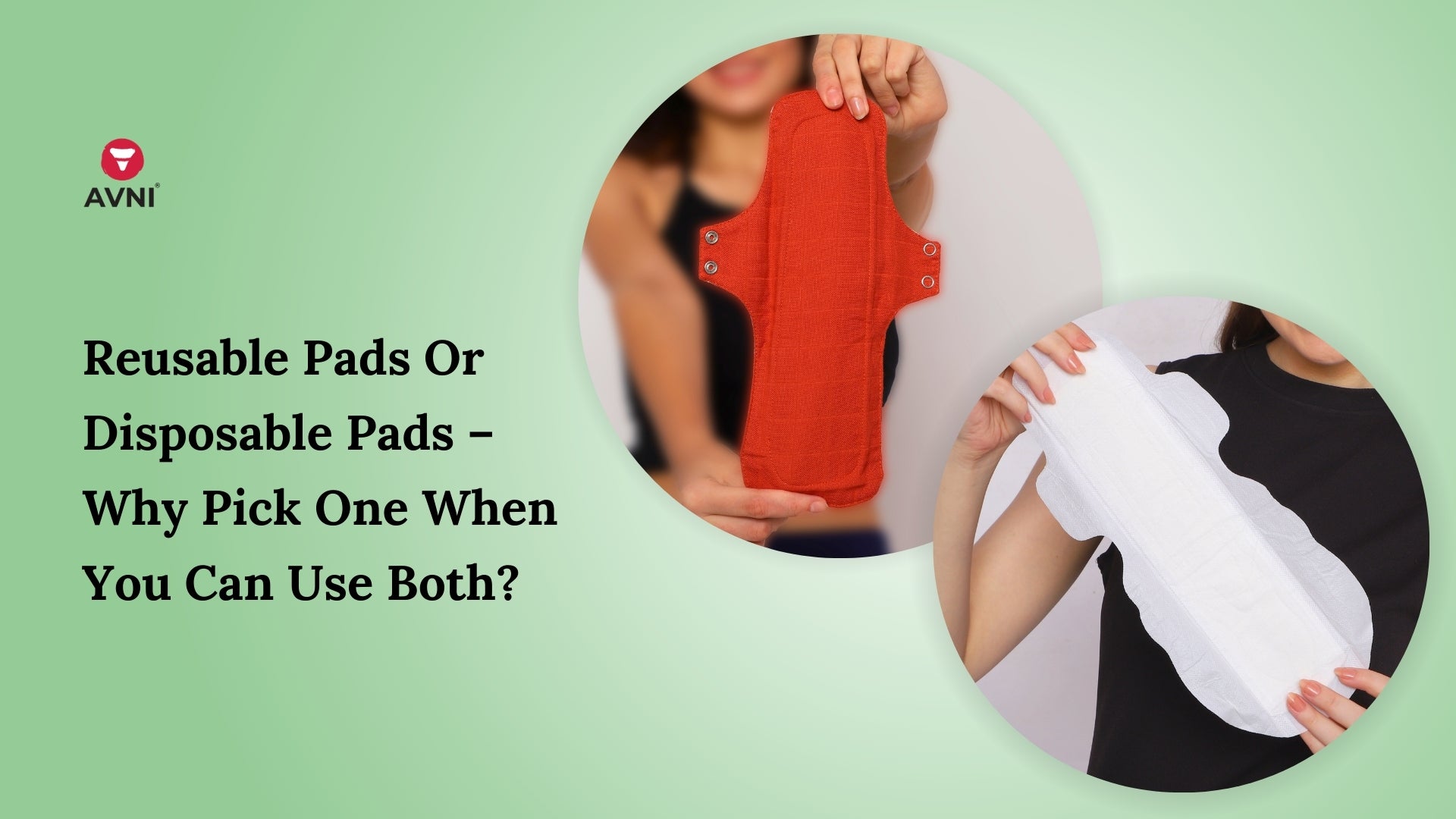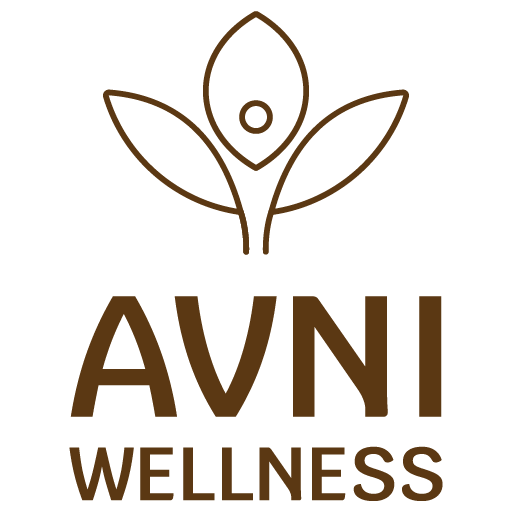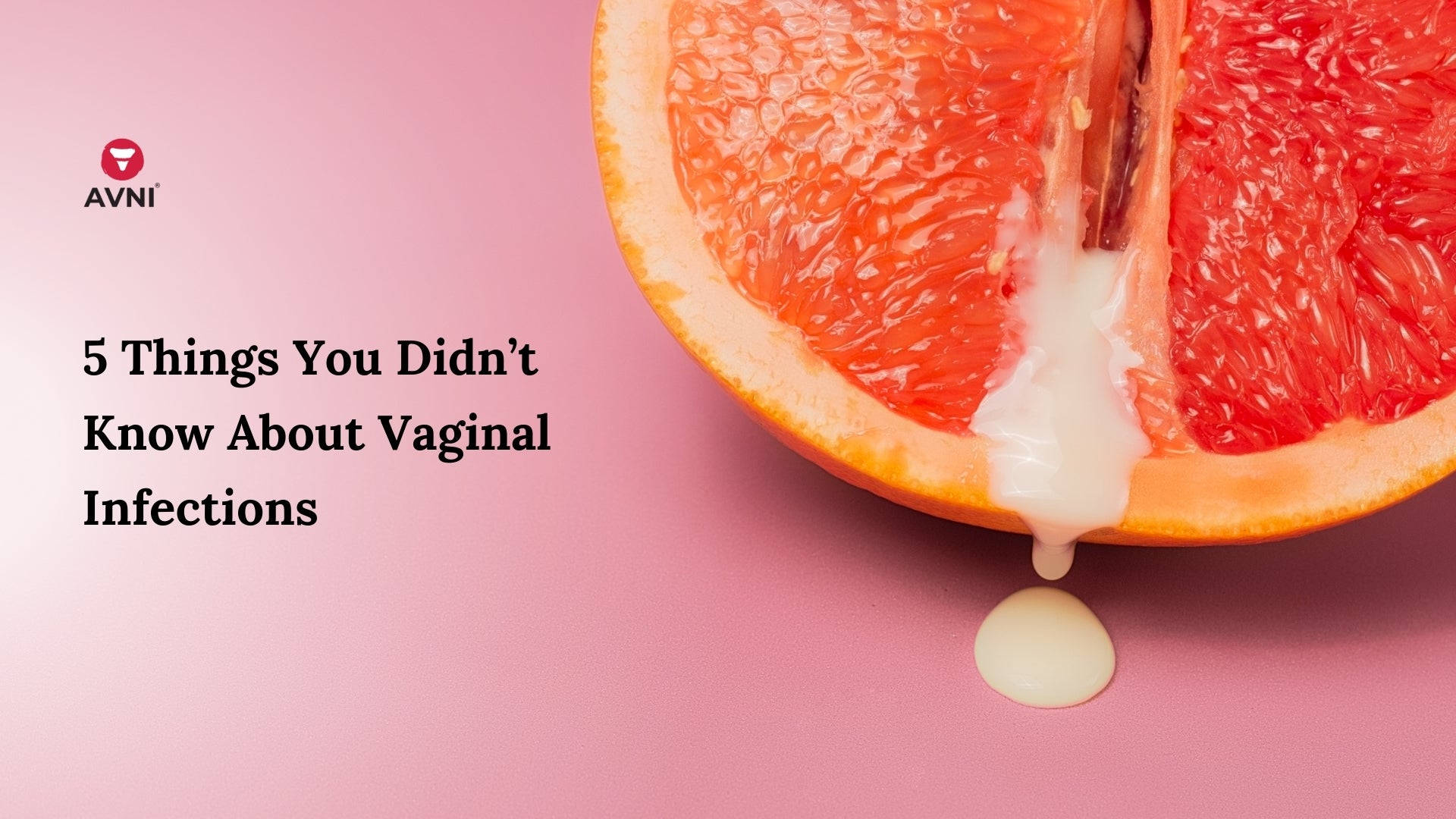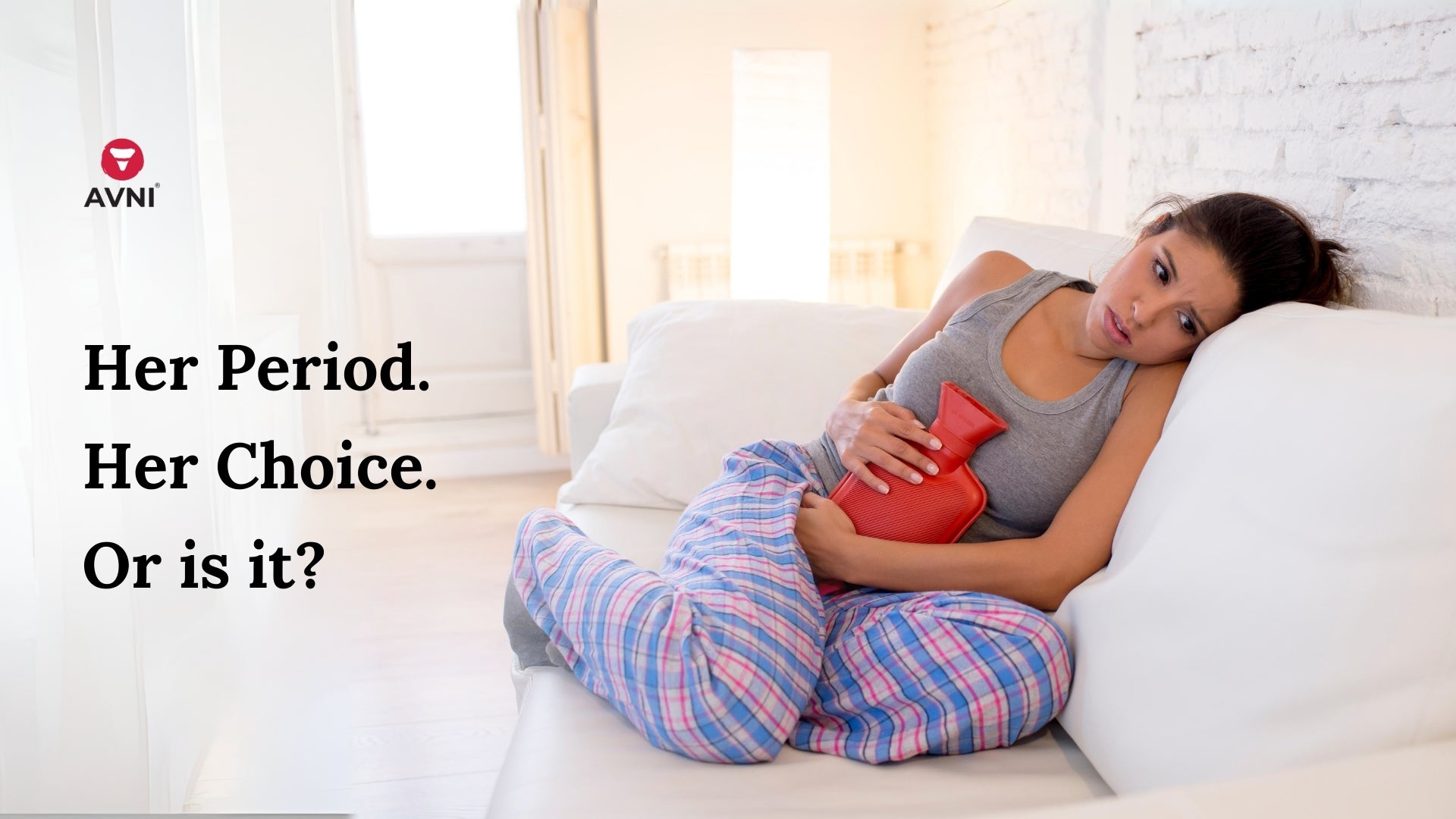
Reusable Pads Or Disposable Pads – Why Pick One When You Can Use Both?
It is a known fact that the average woman uses 12,000 to 16,000 pads in her lifetime. Each of these pads takes anywhere between 500 to 800 years to decompose since they have plastic components in them that are non biodegradable.
Take a moment to let those numbers sink in. A pad that we chuck into the dustbin without a second thought will still contribute to sanitary waste long after we’re gone. If that wasn’t disturbing enough, medical experts have repeatedly stressed on the possibility of pelvic infections due to the use of disposable pads.
These factors among others are causing a gradual consumer shift when it comes to picking menstrual products. Reusable menstrual products like cloth pads are quickly gaining popularity because of their environmental benefits, health benefits, cost saving, ease of use and effectiveness. At MyAvni, one of India’s leading menstrual hygiene brands in India, we know that talking about making the shift is easier said than done.
Like most personal choices, choosing the right menstrual product is an intimate decision that needs to fit your comfort level and lifestyle. A woman who is always on the move may find that a disposable pad is easily accessible and is a comfortable choice, whereas a stay-at-home mother may feel that a cloth pad does the job just as effectively. At MyAvni, we believe that reusable pads and disposable pads are equally effective when used correctly. You don’t have to stick to only one product when you’re on your period. Here’s why:

They’re both easy to use – Reusable cloth pads and disposable sanitary napkins are both really easy to use. All you have to do is attach them to your underwear (either with sticky wings in the case of disposable pads and a single snap button in case of cloth pads). You may feel that cloth pads would feel bulkier, but the Lush Pads from MyAvni is soft, thin and the fabric doesn’t pile up. You can conveniently carry one in your bag for when you get your periods unexpectedly, just like you would with a disposable pad.
They are both absorbent – TV advertisements often focus on the fact that disposable pads have gel that helps the pad absorb your flow while preventing any leaks. Avni Sanitary Pads also have a layer of Biodegradable Polymer gel that keeps the pad dry while the contours along the pad helps in giving you a leak-proof experience. However, our brand of sanitary pads comes without any harmful chemicals and fragrances, making them a skin-friendly option. On the flipside, our Lush Pad is just as absorbent, thanks to the high-absorbency of fibres, making it dry and comfortable. A cotton layer with a PU lamination prevents leakages, thus giving you all the benefits of a disposable pad.
They can both be used during one cycle – Yes, you don’t have to choose only one period product – you always have the option of switching things up. Buy disposable sanitary pads for the day time when you’re out and about, or for your heavy-flow days when you need to frequently change your pad. To give your skin a break, switch to reusable cloth pads when you’re at home, on the weekend, or during your low-flow / spotting days. Not only will you be giving your skin a break by allowing it to breathe against fabric that allows airflow, but you’ll also be preventing a few more disposable pads from ending up in the landfill.
To sum it up, in most aspects, reusable and disposable products stand side-by-side, except when comparing the costs and the harm done to your body and the environment – in which case, disposable pads are more expensive in the long run and are harmful in terms of chafing and skin irritation. When choosing a brand of disposable sanitary pads in India, ensure that your choice of pads are made using organic cotton with minimal plastic and no chemicals or fragrances – like Avni organic cotton sanitary pads.




Leave a comment
This site is protected by hCaptcha and the hCaptcha Privacy Policy and Terms of Service apply.